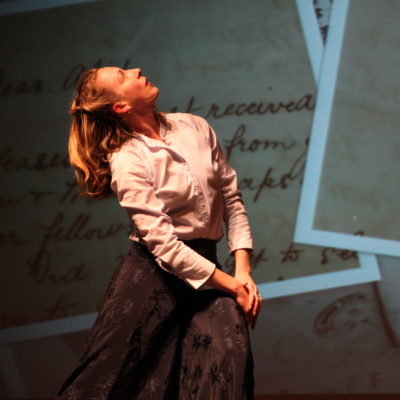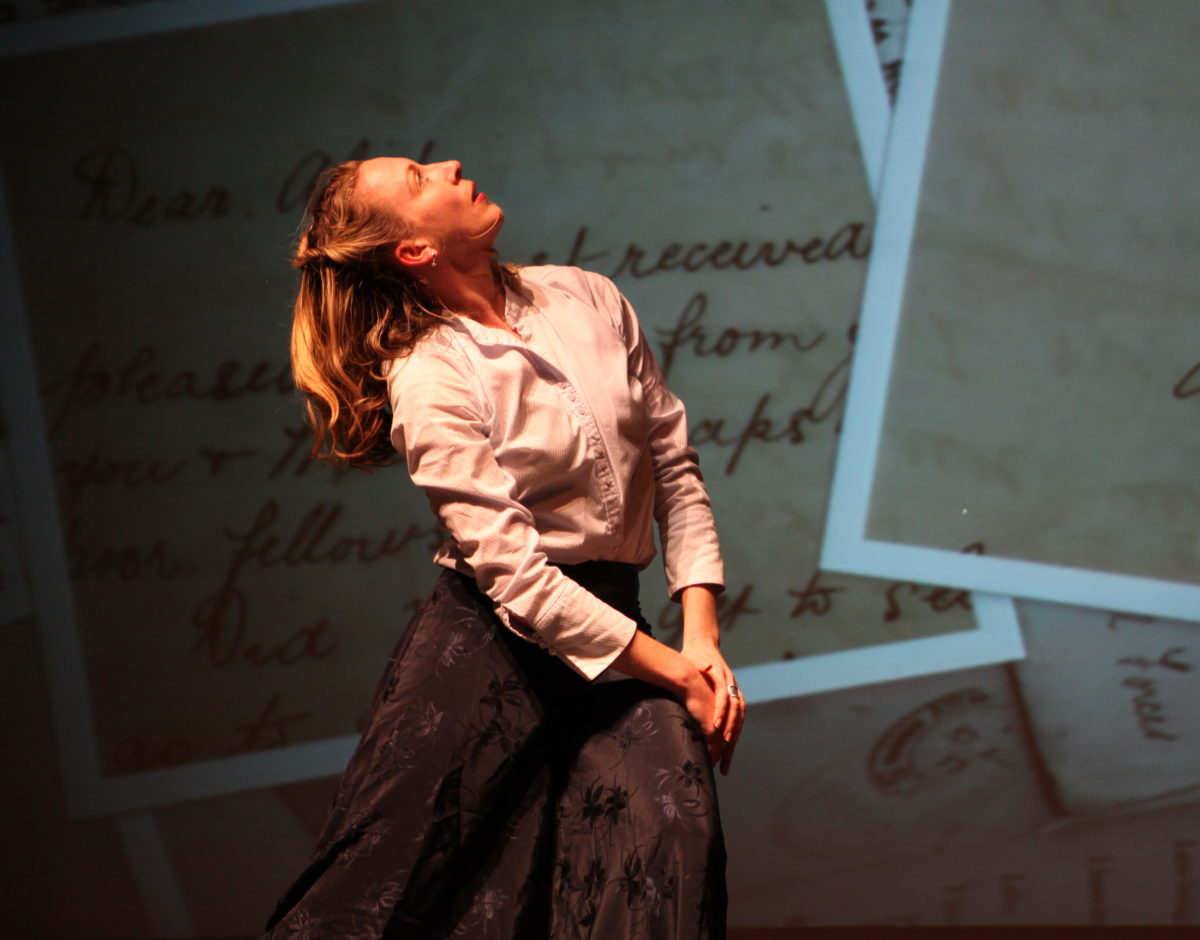Erica Rose Jeffrey

Erica Rose Jeffrey holds a powerful vision of dance. With degrees in both Ballet and Mediation & Conflict Resolution, she believes that dance can effect positive social change, and has dedicated her career to exploring and articulating the connection between movement, empathy and peace. Well-known in the Bay Area as a dance educator, Erica has taught for SF Ballet’s Schools and Communities program, Luna’s MPACT: Moving Parents and Children Together program, has directed Marin Dance Theater’s Let’s All Dance! Outreach program, and was instrumental in launching Marin’s Parkinson’s Dance Project. Her community dance work now takes her across the globe as the first professional dancer to be selected as a Rotary World Peace Fellow.
Currently living in Australia, Erica completed a Masters in International Relations Peace and Conflict Studies at Queensland University, with a focus on the role of arts in peacebuilding work, and is continuing her research as a PhD candidate, investigating the potential role of dance in youth peacebuilding initiatives in the Asia-Pacific. Partnering with the Peace and Conflict Studies Institute Australia, she has facilitated community dialogue and reconciliation projects throughout Brisbane and Papua New Guinea. To all of her community work Erica brings her unique Peace Moves workshops that focus on developing kinesthetic empathy and communication channels through movement and creative response. She speaks about the transformative capacity of dance in conflict resolution in her 2013 TEDTalk and shares this story about her peacebuilding work:
As part of my research I was involved in teaching creative dance workshops in combination with peacebuilding programs in the Philippines and Fiji. In one of them a young man ended up being partnered with a young woman for a mirroring activity. This program had a number of elements outside of the dance workshops which addressed gender equality and the UN Sustainable Development Goals. After the whole workshop week he shared with me that he had a changed perspective on the role of women, that he understood them more as equals, rather than just the ones serving food and looking after the homes. He said that the catalyst for his change in perspective was the mirroring activity in the dance workshop. For me, these moments of learning of exchange and of development are inspiring, even if it is just small pockets of dance.
Erica also remains committed to Dance for Parkinson’s and has, over the last four years, established Dance for Parkinson’s Australia, which is affiliated with the Dance for PD program in the US. Working in collaboration across communities and industries they have been able to start community-based dance classes for people living with Parkinson’s, their carers and family members throughout Australia.
Ever-curious, Erica asks these questions as a dancer, educator, researcher and peacebuiling facilitator, and challenges us all to rise to the potential of dance and the dance community: How can we continue to create inclusive environments for dance across community? How do we build the larger dance ‘community’ that transcends style or discipline and gives us greater political power as a group, and a louder voice in the arts and health debates and policy creation?

In 25 years, Luna has worked with hundreds of teachers who we’re now proud to say are teaching all around the globe.
From Emily Blossom to Jakey Toor, our past Professional Learning colleagues are collectively and cumulatively teaching tens of thousands of children. We’re sharing their stories, about how they continue to positively impact the dance education field, the future, the world.

